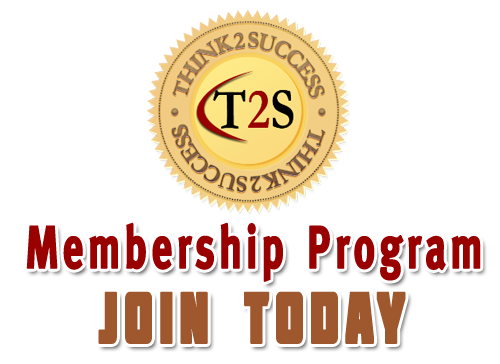

Trust Based Relationships
The evidence is overwhelming – there is a chronic lack of trust in America, and it is affecting our daily lives in profound ways. At a time when we need strong leadership to improve economic conditions, trust in politicians is at an all time low. At a time when we need strong leadership to ease the uncertainty at work, only 14% say their company’s leaders are ethical and honest (Maritz Research) – a strong sign of a lack of trust. And at a time when having a spouse/significant other we can count on to help reduce the stress at home, 43% of Americans over the age of 18 are single and 46% of all households nationwide are run by a person who is single. During a time in history when trust is needed the most, it is more difficult than ever to determine who you can trust. So the question is – how do you know if you can trust someone?
Assessing trustworthiness takes time – the good news is, I’ve CRACed the code for you. All you have to do is be very observant, and look for patterns of behavior.
Asking questions in these 4 dimensions of trust is a guaranteed way to assess anyone’s trustworthiness:
Credibility
Reliability
Attention Ability
Communication Ability
Credibility
We naturally try to determine whether or not a person is credible before we grant trust, and rightfully so. Here are 5 core questions you should answer to assess credibility, and if the answer is “no” to any of them, beware:
- Does the person speak truthfully? Not in partial truths, but in complete truths.
- Does the person speak with accuracy? Can the information shared be verified?
- Is the person consistently and proactively transparent? Do they proactively share ways for you to validate their credibility? Can what you see and hear from them be validated by others?
- Do they demonstrate competence?
- Do they provide information in simple, uncomplicated terms – terms that you understand?
Reliability
Being reliable is another critical sign of trustworthiness. Answer these questions, and if any are “no”, you might strongly consider seeking further understanding of the behaviors before granting trust:
- Does the person consistently do what s/he says? Is there consistent follow through?
- Does the person have a reputation for being reliable? What do others say about the person’s reliability? You can often glean great information on reliability via comments made in various social media channels, especially Facebook.
- Is the person consistently on time? Look for patterns of meeting/not meeting time commitments and deadlines.
- Are they surrounded by other reliable people (social network)? If not, watch out. People of a feather tend to flock together.
Attention Ability
People who effectively build trust are always investing in others whereas those who cannot be trusted are heavily focused on themselves. The 3 questions that follow are excellent for identifying trust building behaviors:
- During conversations, does the person consistently focus on him/herself? If someone shows strong signs of inward focus (overuse of “me”, “I”, and “them”), be careful. Trustworthy people demonstrate an “other” focus by using terms of inclusion and collaboration such as “we”, “our”, and “us”.
- Does the person consistently do brand promotion (lifting other people up) or brand assassination (tearing other people down)?
- Does the person demonstrate under-appreciation for your thoughts, comments, and ideas while over-promoting the value of their own? If so, you have a clear warning sign of concerning behaviors.
Communication Ability
As noted in my 3 part blog article series, conflict and mistrust are often the result of breakdowns in communication. Use these 2 questions to look for patterns of behavior that enable and enhance trust:
- Does the person demonstrate active listening? This is evident by virtue of the person…
- Restating what has been said to check for understanding
- Demonstrating appropriate body language such as navel intelligence
- Asking open-ended questions during conversations
- Does the person set expectations that are clear and specific?
A bonus question that is also a great one to ask involves availability.
- Is the person consistently available? Availability requires intentionality, and people who can be trusted always make themselves available to invest in others.
The truth of the matter is, trust (or a lack thereof) is a cooperative affair. In the case of a lack of trustworthiness, eventually the warning signs show up, and when they do, we ignore them. By doing so, we fail to hold people accountable for demonstrating negative behaviors. If we simply ask questions about the trust disabling behaviors we see, the level of trust would increase simply because the questions would increase accountability.
So remember, when the question is, “whom can you trust?”, the answer is simple – you can determine who to trust simply by CRACing the code and asking a few powerful and simple questions.
If a lack of trust is an issue in your organization and / or if you want more strategies for building trust in personal relationships, email me today at info@ictscorp.com.



Some great observations – very useful ideas indeed.
In the “Attention Ability” section I’d also suggest looking at the subject’s eye accessing cues and other body language giveaways. Eye positioning in particular is practically impossible to control and a person looking downwards and to their right when in conversation is almost certainly giving a clue to their lack of sincerity and truthfulness.